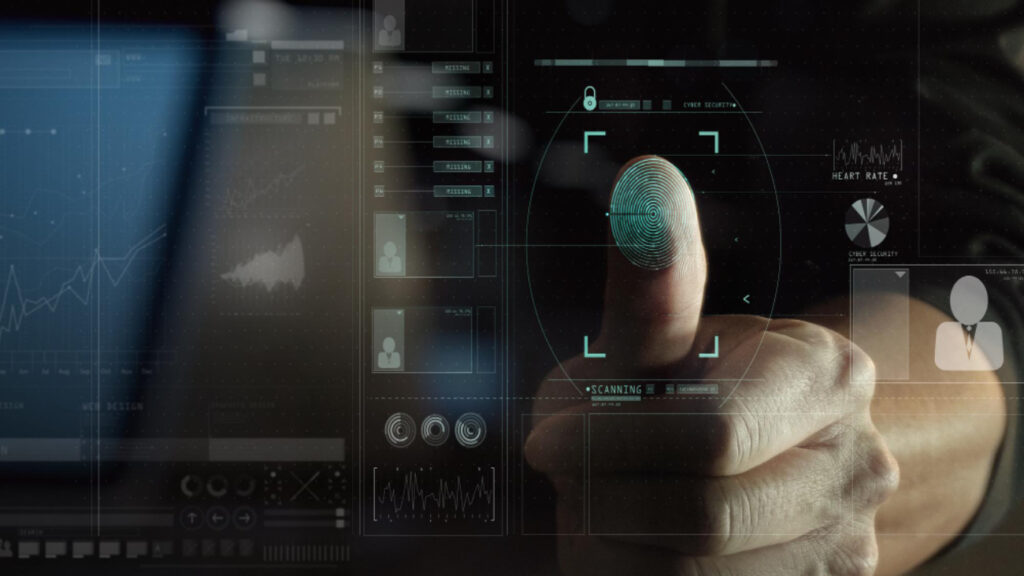In 2024, blockchain technology is a major player in the domain of technology and its related fields noted by Bahaa Abdul Hadi. It is responsible for transforming identity management systems and processes spanning various industries and sectors. Blockchain, described as a decentralized as well as an immutable ledger, provides a safe and transparent method in the management of digital identities. Consequently, individuals are permitted greater control over their data and have enhanced privacy and security, not to mention, efficiency. It’s worth taking a closer look at the role of blockchain in identity management in 2024.
The Identity of Self
Blockchain lets people maintain self-sovereign identity. Here, individuals have total control over their digital identities as well as personal data. By storing personal credentials and identity attributes on a blockchain-based decentralized network, users can manage and share information safely with trusted parties. They need not rely on centralized authorities/intermediaries. This empowers people to maintain control, privacy, and ownership of their personal and identity information, reducing the risk of identity theft and breaches.
Secure Records
Blockchain gives people a tamper-proof and transparent record of identity transactions while undertaking identity management. This ensures the integrity plus the authenticity of identity data. Every identity transaction, like the issuance, authentication, or revocation of credentials, is recorded as a “block”, securely and cryptographically, on the blockchain. This creates an auditable and transparent activity trail, making all stakeholders accountable. The risk of fraud and breach of security is reduced.
Standards with Interoperability
Blockchain prompts standardization and interoperability of identity formats and protocols, enabling the smooth integration and exchange of identity information over various systems or platforms. Standardized blockchain-centric identity networks and frameworks, like the Decentralized Identity Foundation (DIF) or World Wide Web Consortium (W3C) standards, guarantee compatibility and consistency in identity management solutions. This fosters collaboration and interoperability between different stakeholders.
Decentralization
Blockchain promotes the development of a decentralized identity landscape, where organizations, users, and devices interact directly, without relying on any central authorities/intermediaries. Consequently, there is peer-to-peer identity verification and credentialing, avoiding the need for centralized identity providers. This gives the whole process enhanced privacy and user control.
Identity Verification over Borders
Blockchain prompts cross-border identity authentication so that there exists seamless and safe access to services across geographies. Blockchain-focused identity solutions get rid of the need for expensive and time-consuming identity verification processes.
Privacy and Regulatory Compliance Considerations
Blockchain-centric identity management solutions address regulatory laws and compliance requirements, like the General Data Protection Regulation (GDPR) or Know Your Customer (KYC) rules, by providing transparent identity processes. The user can control their own data and be assured that individual rights and freedoms, not to mention, security laws are in place.
In the world of technology, there is no doubt that blockchain is a pivotal contender. The total identity management process has been revolutionized due to the advantages and features that blockchain brings to the table. It paves the way for security and transparency in identity management and related solutions.
Thank you for your interest in Bahaa Abdul Hadi Blogs. For more information, please visit www.bahaaabdulhadi.com.







